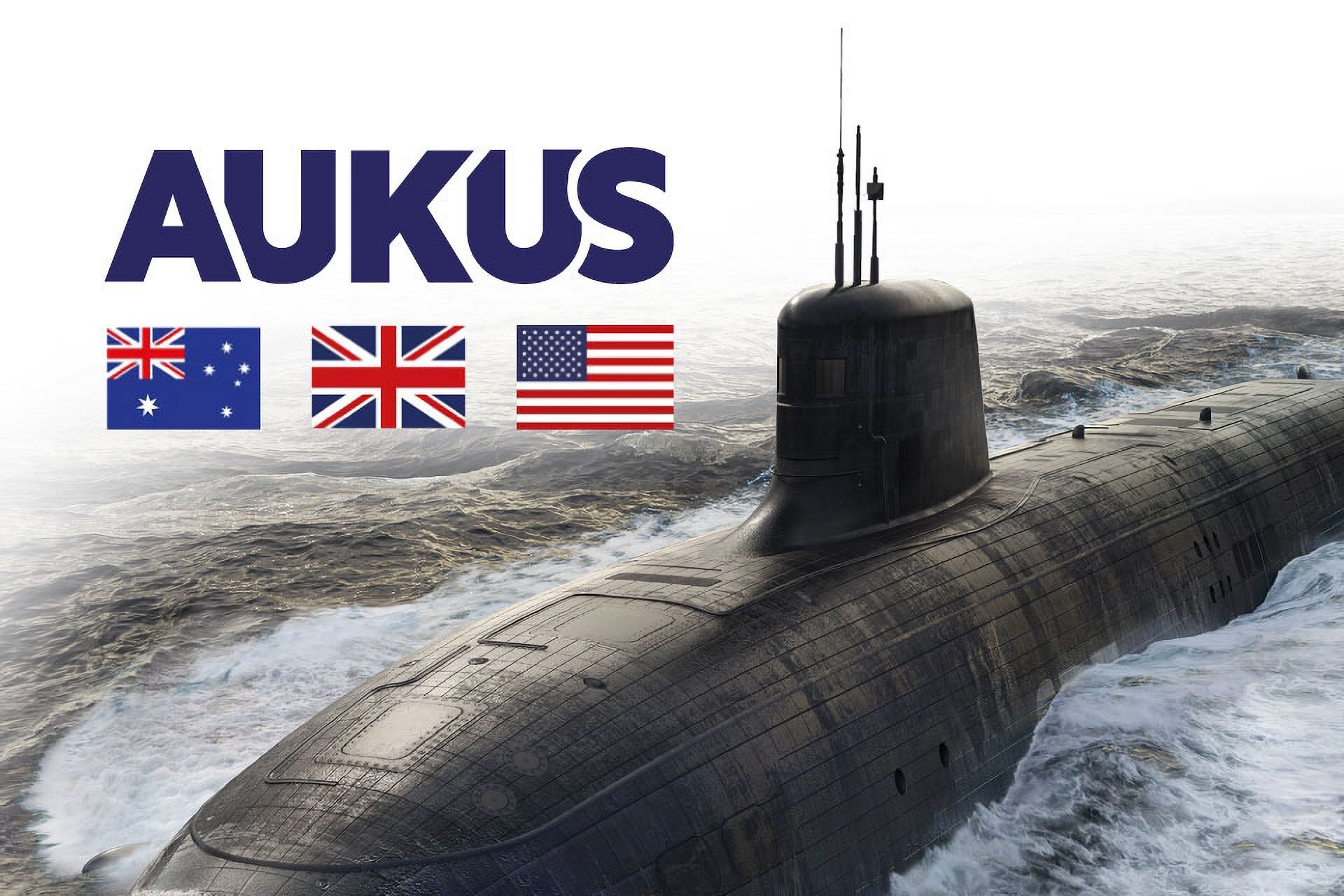The United Kingdom is making strong progress in modernizing its submarine fleet, signing contracts worth $4.9 billion with three British contractors. Contracts for the AUKUS submarine program, an international collaboration with the US and Australia. The project aims to develop state-of-the-art nuclear-powered attack submarines, the technology of which will incorporate the advances of the three countries involved. These submarines are expected to be the most advanced and powerful currently in operation by the Royal Navy, strengthening the United Kingdom’s position on the international stage.
UK signs new contracts for submarine programme
The United Kingdom has made a significant move in the military arena by awarding contracts worth $4.9 billion to advance the design and production of attack submarines with SSN AUKUS nuclear propulsion technology. The initiative is an important milestone in the UK’s efforts to strengthen its naval capabilities and strengthen its position in the international community.
Therefore, the nation spared no effort in awarding five-year Detailed Design and Long Leads (D2L2) contracts to three major British industrial firms, BAE Systems, Babcock and Rolls-Royce. The AUKUS program is a collaboration between the United Kingdom, the United States and Australia aimed at developing the next generation of attack submarines. The acronym AUKUS is a combination of the initials of these three countries, representing the union of efforts to achieve technological and military advances.
Following the signing of the new contracts, the UK Ministry of Defense expressed its vision that these next-generation submarines will be “the largest, most advanced and powerful attack submarines operated by the Royal Navy”. Construction is expected to begin in the coming years, with the aim of having the UK’s first submarines in service by the late 2030s. Additionally, Australia plans to build its own AUKUS submarines in the early 2040s to replace its Collins-class fleet.
While the specifics of the project remain confidential, it has been revealed that the AUKUS submarines will incorporate cutting-edge technology from the three countries involved, including advanced submarine technologies from the United States. These submarines are expected to represent an unprecedented deep strike capability, rivaling some existing systems.
The AUKUS project still faces important challenges in its development
As the project progresses, significant challenges arise. As the British and Australian AUKUS submarines share many commonalities, coordination between the three nations is key to reducing costs and increasing operational efficiency. In addition, the balance between capacity and manpower will be an important consideration as it aims to improve the capabilities of current submarines.
The UK’s investment in the AUKUS program reflects its commitment to modernizing its armed forces and maintaining its influence on the international stage. Furthermore, this trilateral cooperation between the United Kingdom, the United States and Australia proves a powerful alliance in an increasingly complex and competitive world.
As the AUKUS project progresses, many parts of the UK will become centers of growth and expansion. BAE Systems’ submarine base in Barrow-in-Furness, northern England, and the Rolls-Royce nuclear reactor in Derby, northern England, are preparing to play key roles in the effort.
Now, as the AUKUS project moves forward, the international community is watching closely. The depth-strike capability and sophisticated technology embedded in these submarines have the potential to redefine military strategies and global security. So the United Kingdom, the United States and Australia are determined to shape the future of undersea security.
